Let Nature Take Its Course, They Said. She Chose Compassion Instead
What began as a quiet walk in the woods became a life-or-death decision she had to make.
It was a quiet afternoon in the woods, the kind of stillness that invites your breath to deepen and your mind to slow. Sarah and I were walking, not with any purpose, but simply to be present — to feel our feet on the earth, to listen to the subtle orchestra of rustling leaves, birdsong, and silence between it all. The kind of moment where mindfulness arises not as effort, but as grace.
That’s when we saw her.
A baby deer, barely standing, emerged from the brush. At first, everything seemed normal, but as we stood watching, something felt off. The fawn could barely stand. She seemed to be approaching. Her legs, fragile as reeds, buckled beneath her. Her head lowered, not in rest, but in resignation. She was fading. Something was very wrong.
We knew — as many do — the "rule" about wildlife: Don't intervene. Let nature take its course.
But nature, in that moment, didn’t feel indifferent. The fawn stumbled closer, step by agonizing step, until she collapsed not far from Sarah’s feet. Her eyes locked with ours — not in fear, but in a kind of trust. As if, somewhere beyond logic and law, she was asking.
We called the local ranger’s office. No answer. Tried wildlife rehabilitation centers. No answer. Emergency vets? “We’re not licensed for wildlife,” they said. “Not allowed.”
We were caught in a quiet crisis — between rules and reality, between the accepted norm and the undeniable pull of our shared aliveness. Between speciesism — the conditioned belief that her life mattered less because she wasn’t human, and she wasn’t a “pet” — and the clear truth that this baby deer was suffering, and that suffering matters. Always.
Eventually, a deer rescue specialist returned our call. We described the scene: the flies, the weakness, the collapse. Her words were quiet but clear: “Dont call 911, its not THAT kind of emergency.”
We stood still for a long moment.
Is compassion only valid when it's convenient? Do we withhold care because we’ve drawn an imaginary line between us and the rest of life?
Sarah didn’t wait for an answer. She took the softest blanket from the back of our car, wrapped the fawn gently, and lifted her in her arms. The baby didn’t resist. She simply rested, like she knew — she was safe now.
As we approached the car, we heard an announcemend from the other side of the forest, “The park is now closed. Please make your way to the exit.” We thought to wait for them to patrol around our area so we can ask for help.
Then came the sheriff.
They were stern. “Step away,” they said. “You are not allowed to touch that animal. This is interference. Against regulations.”
Sarah looked them in the eye and spoke, not with anger, but with unwavering calm:
"This is a life. Just because she’s wild doesn’t mean she’s less than you or me."
The lieutenant arrived. Tensions softened. Sarah explained what we’d learned — that the fawn had been abandoned, that without help she would die. The lieutenant listened. To his credit, he didn’t harden. he said, “If you can find a place to take her, we’ll allow it.”
So we kept calling.
Hospital after hospital turned us away. Until one, a non-profit wildlife animal rehabilitation center was able to return our call just in time and said yes.
And so we drove. Carefully. Quietly. Holding not just an injured fawn, but a responsibility that felt sacred. At the rehabilitation center, the baby deer was given medicine. Fluids. Food. Warmth. And we discovered SHE was a HE. Within a day, he was standing. Within a week, he had friends.
He will live. He will grow. He will learn what it means to be wild. And when he’s ready, he will return — not as a symbol of human interference, but of mindful interconnection.
Because sometimes — in fact, often — compassion requires us to break ranks with indifference. To act, even when we're told not to. To remember that our practice of mindfulness isn’t just about watching our breath, but about how we respond to the suffering around us.
This was not heroism. It was a small act. But it was a conscious one.
And in that, we are deeply humbled.
If you found value, your support means everything to us. :)

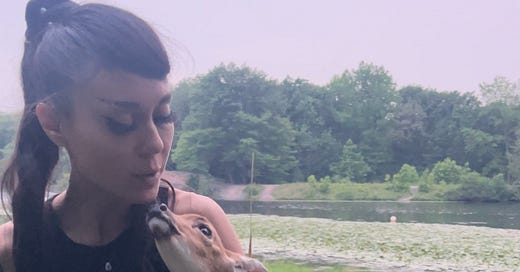



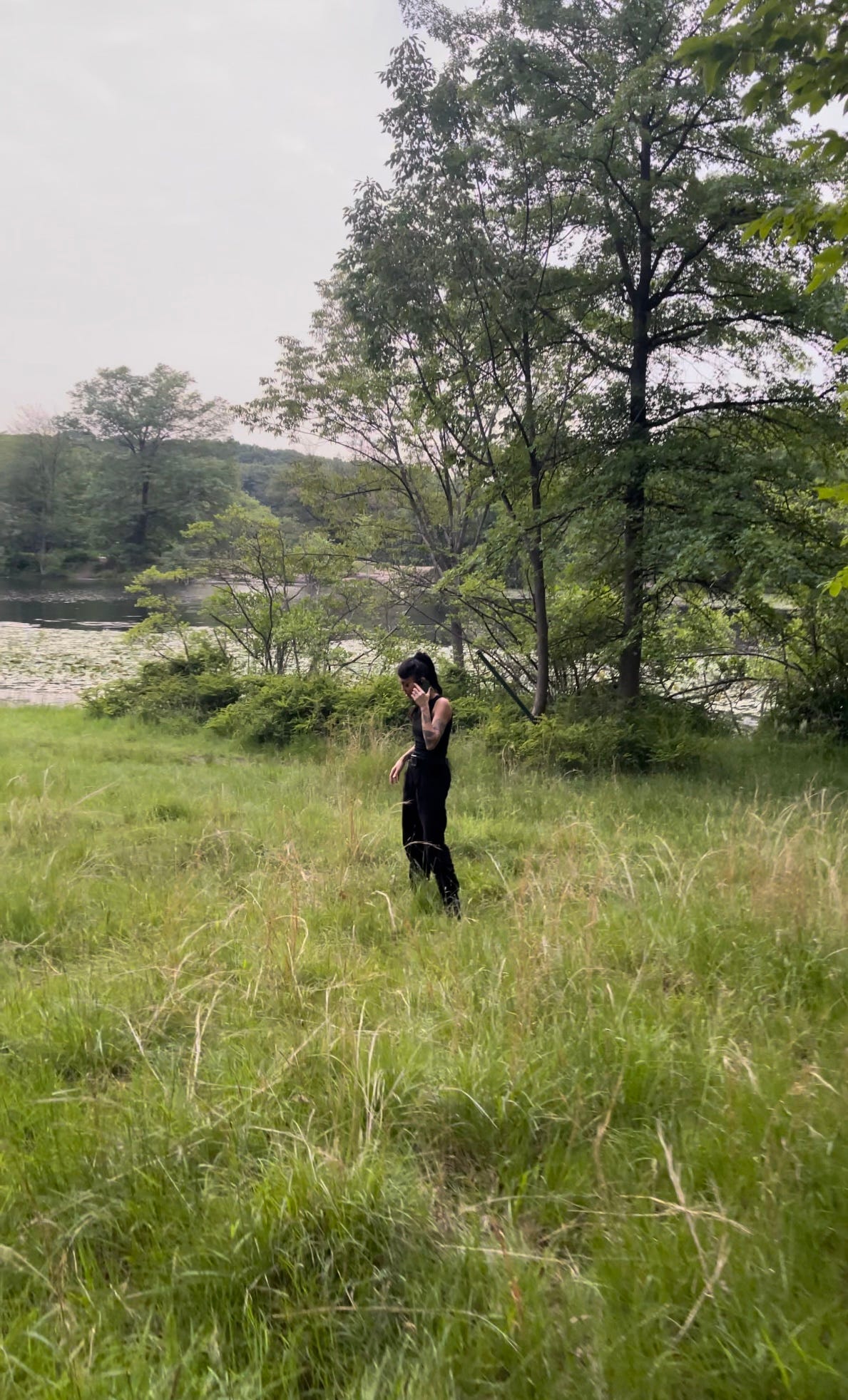
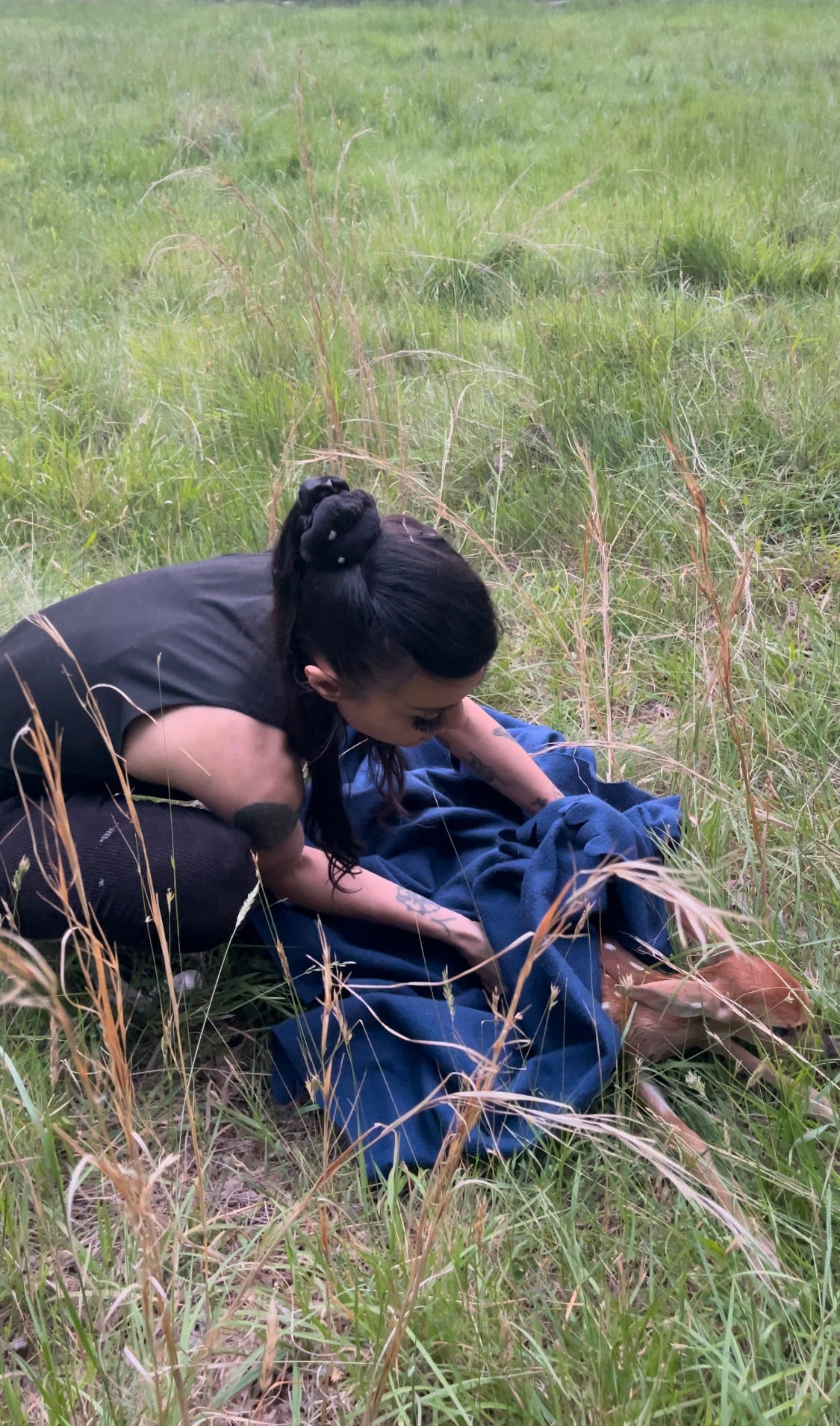
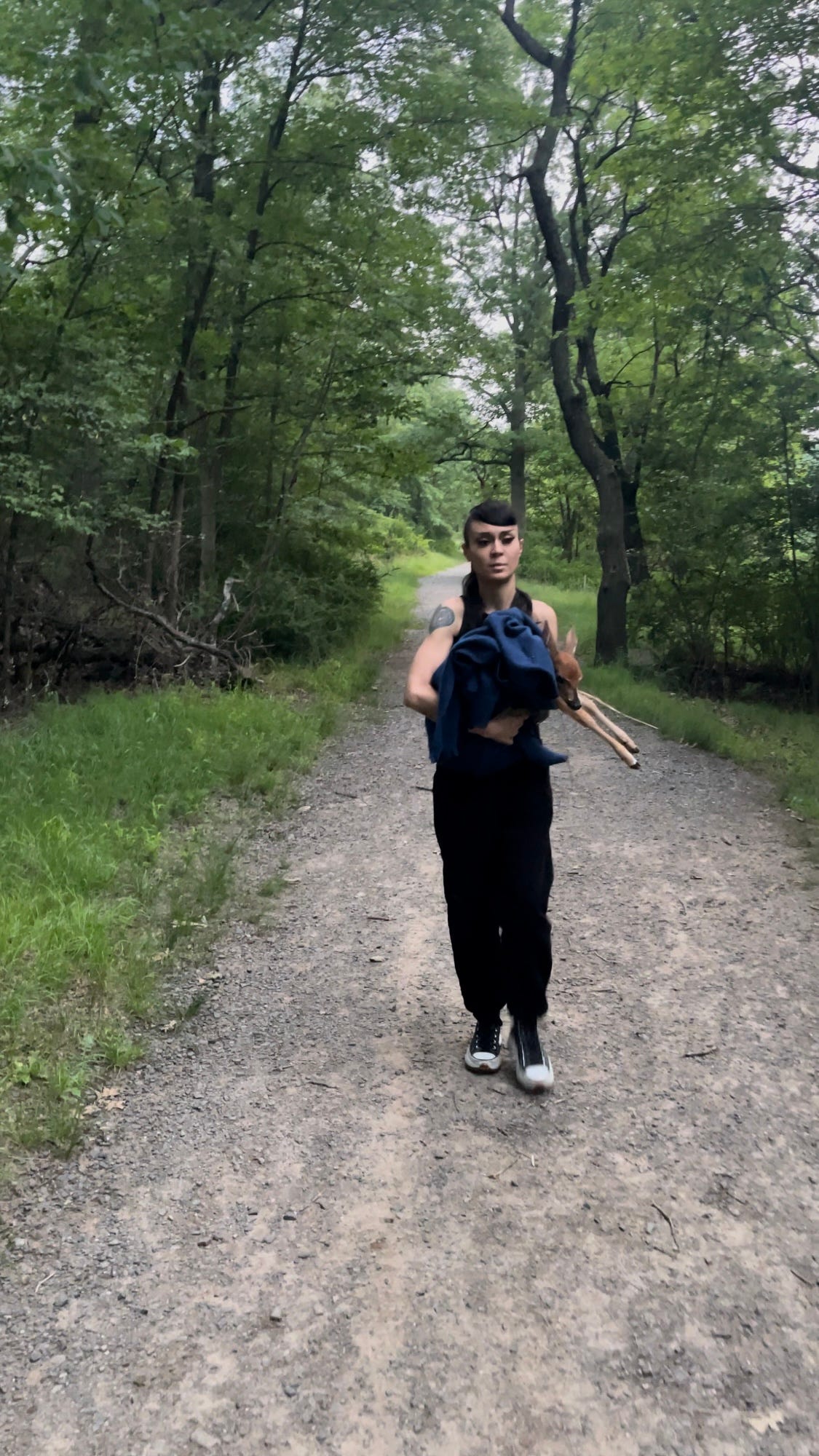

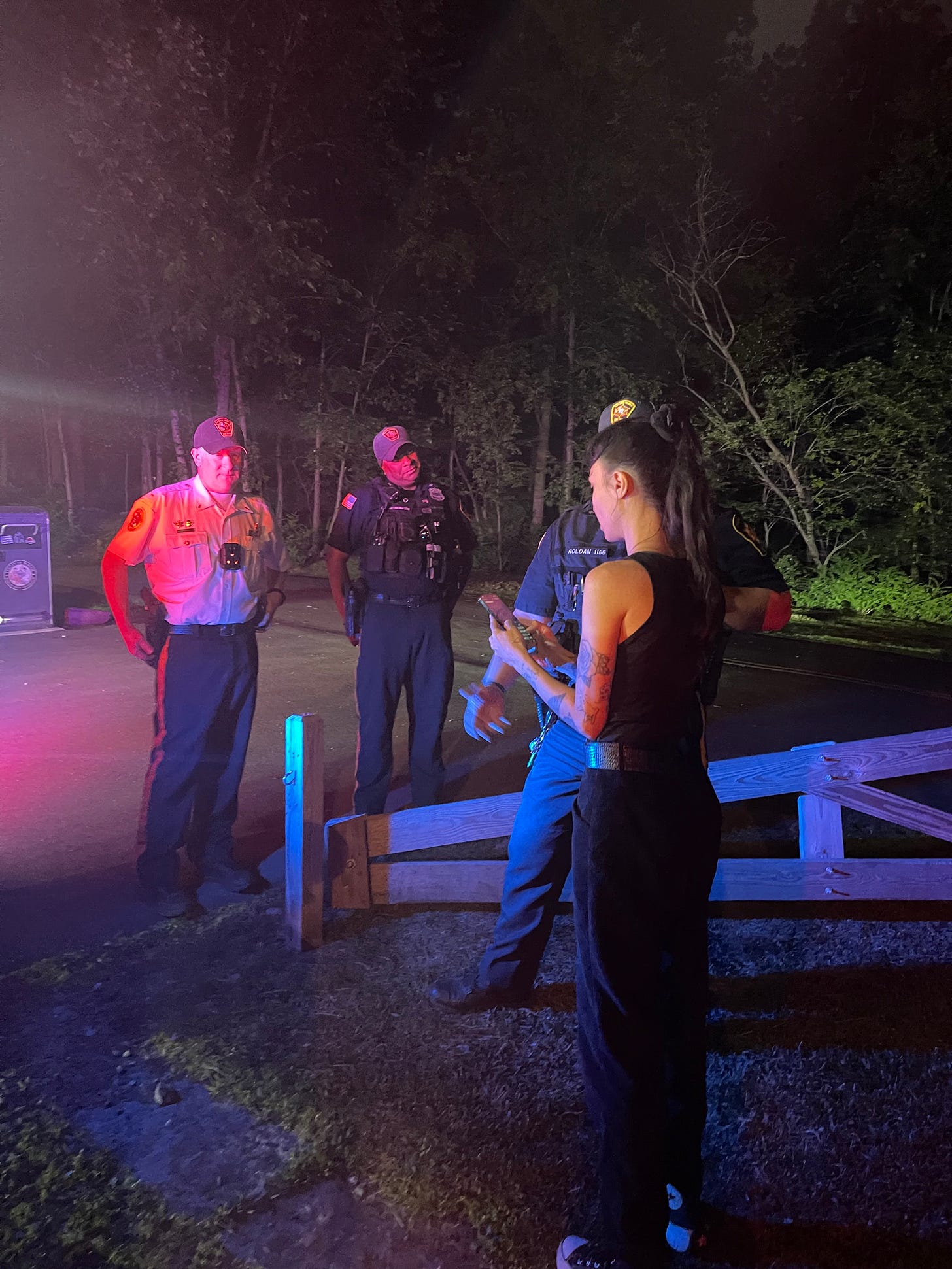
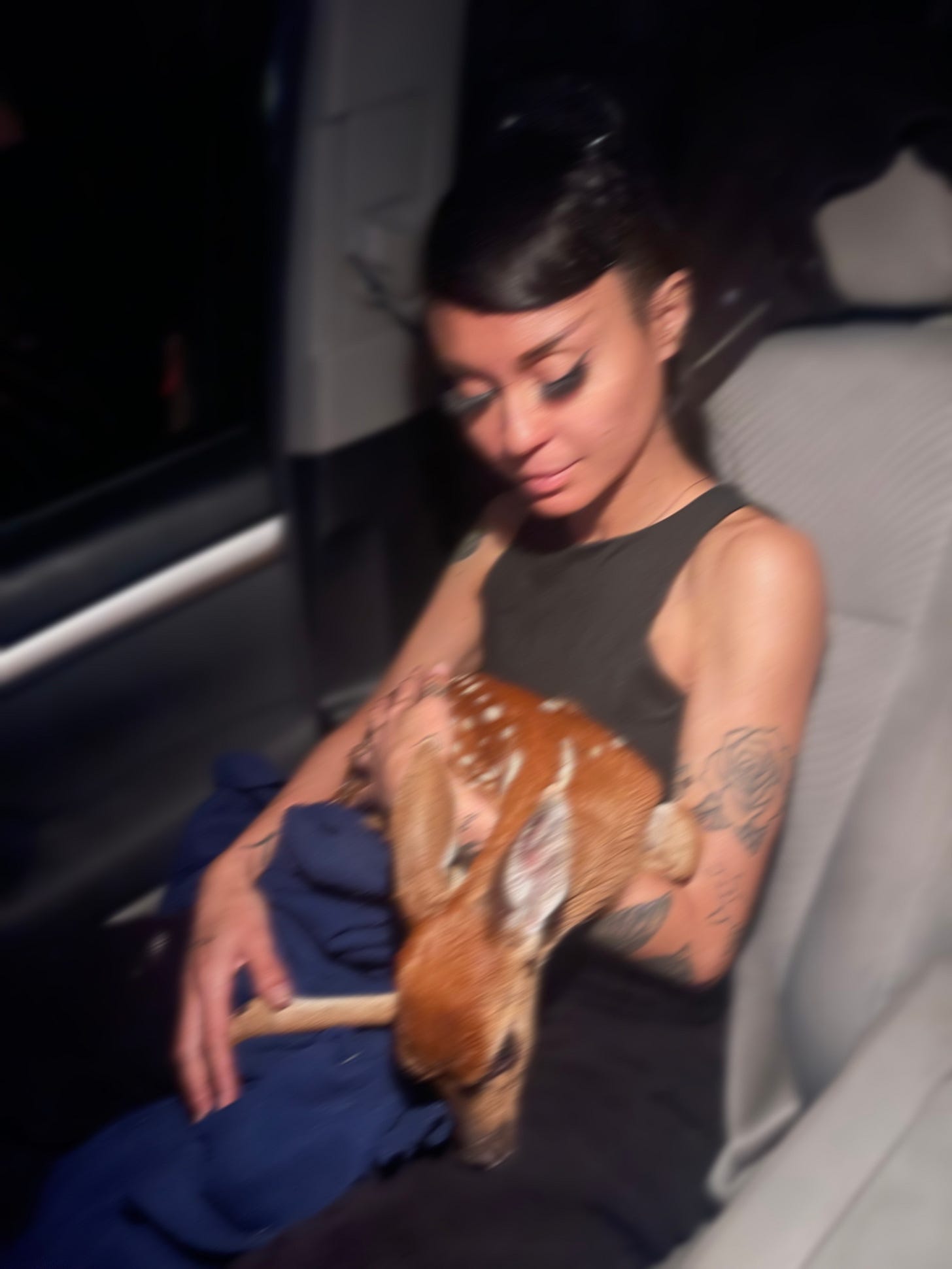
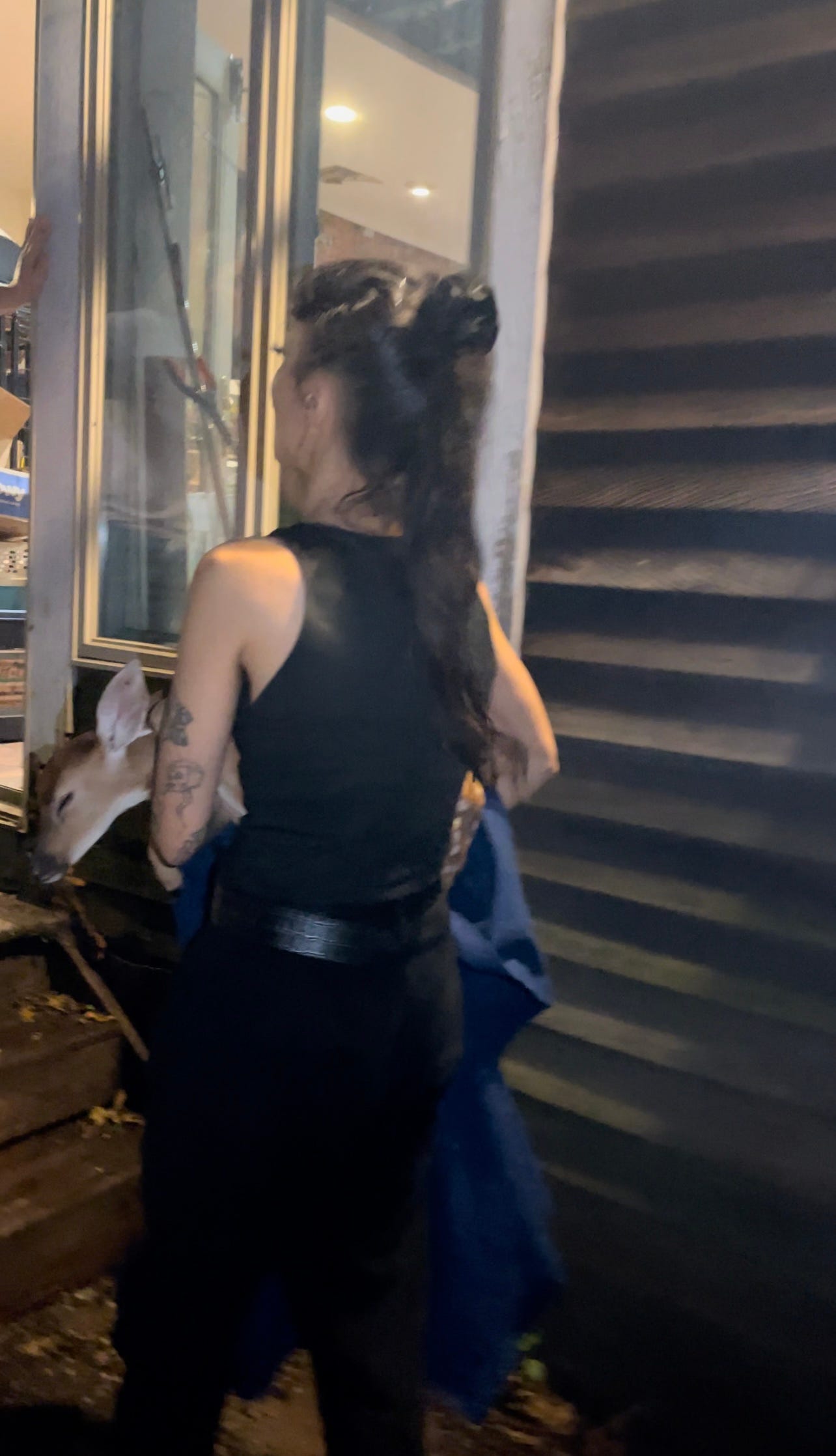
This is a beautiful story, a reminder of all the good that a compassionate and determined human being is capable of doing. Thanks for sharing.
If nature wanted that fawn to die it would not have sent him to find you. Nature works in mysterious ways and the “powers that be” don’t always know everything. Your karma is magnificent.